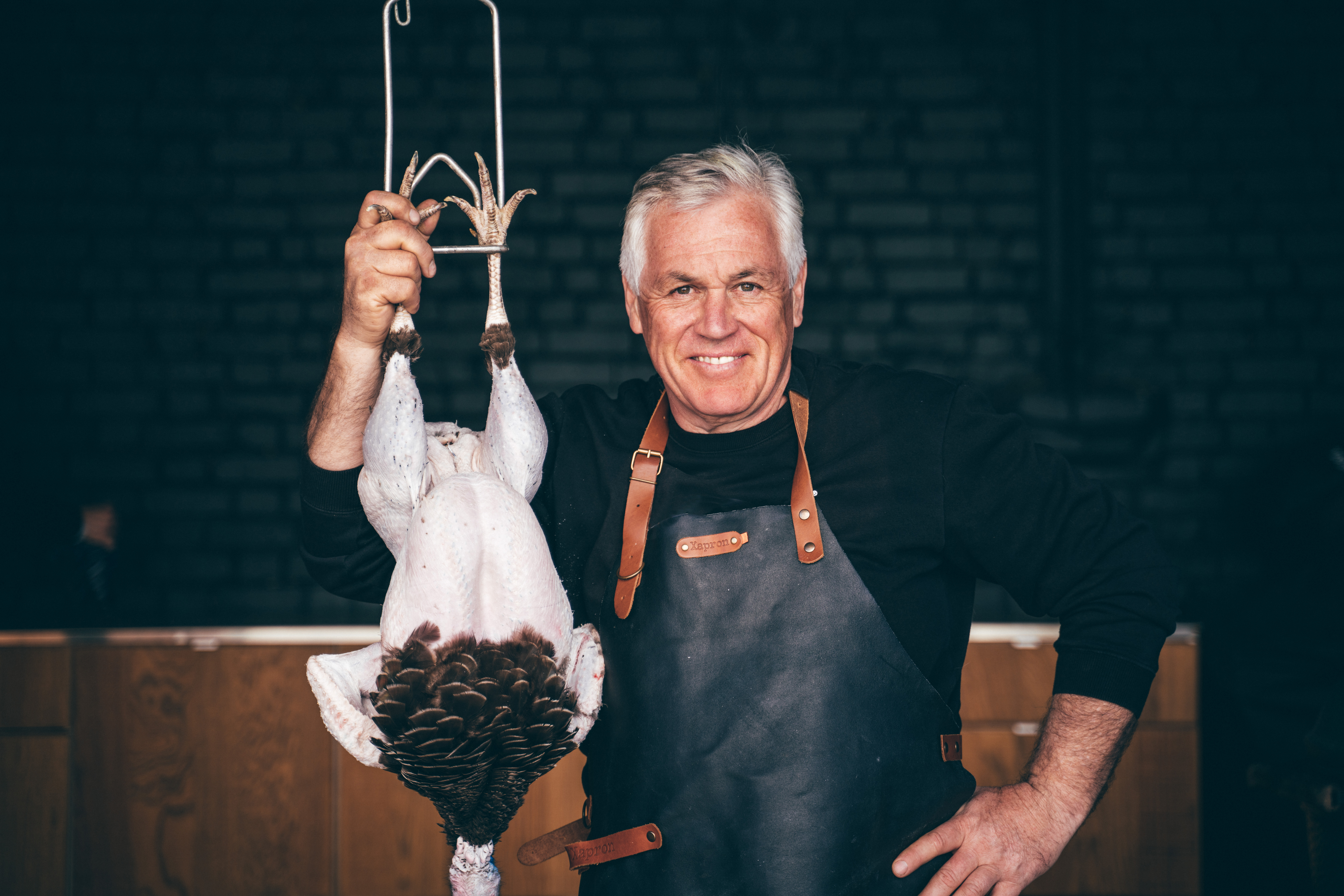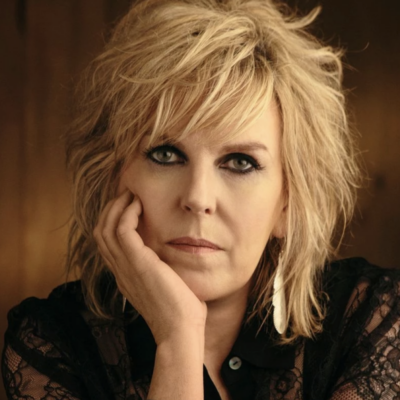
At my family’s Thanksgiving, the dishes are always comfortingly the same: homemade cranberry relish, sweet potato casserole, and Grandma’s stuffing, briny with Chesapeake Bay oysters. My parents split the double turkey duty, each armed with a bird sourced from the local Food Lion, defrosted and brined for 24 hours. Dad commands the fryer for his, while mom tends hers in the oven, finishing her preparations by treating the drippings with a heavy slosh of Gravy Master.
This year will be different. We’ll be serving a KellyBronze turkey, a bird bred to be wild, foraging the forests and fields of its Crozet home.
Recently named the No. 1 turkey for online purchase by Southern Living, the KellyBronze bird actually got its start in England. (You can skip shipping and pick up from the farm.) But how did an English turkey end up in Albemarle County?
The Kelly family has been raising turkeys in Essex, England, for three generations. In 1971, Derek Kelly left conventional turkey farming to focus on flavorful, humanely raised birds. When the turkey market crashed in the ’80s, Derek’s son Paul encouraged the family to pivot to heritage breeds, buying up the last pure Bronze turkeys in England.
After converting British palettes, the Kellys set their sights on the U.S. Coincidentally, Virginia Tech graduate Judd Culver was living in Scotland where a job in poultry feed sales led him to the Kellys—and to a new opportunity.
In need of services for their son with autism, the Culvers returned to the U.S., partnering with the Kelly family to bring the heritage breed to Virginia.
“We didn’t need open, rolling hills,” Culver said. “Turkeys naturally thrive in forested, mountain land.” In 2014, the family purchased Heritage Glen Farms, 100 acres of poultry paradise in the Blue Ridge foothills.
Unlike commercial turkeys processed at 14 to 21 weeks, KellyBronze birds live to seven months. “They live the way Mother Nature intended,” says Culver. They’re raised entirely outdoors, supplementing their feed with foraged insects, plants, and fruit.
Their maturity gives them natural marbling and intramuscular fat, meaning no brining is needed. “If you start off with a fully mature turkey, it doesn’t need any help,” says Kelly.
The flavor deepens further through dry-aging, a traditional process called New York-dressed—after being dry-plucked, the turkeys hang for seven days, allowing for complex flavors and tender meat.
Even the gravy benefits—due to mature bone marrow and pasture-raised fat, the drippings need very few additions. But because of the higher fat content, a KellyBronze cooks in nearly half the time of a supermarket bird—an eight-pound bird finishes in about an hour and a half.
For the Kellys and Culvers, raising heritage turkeys isn’t just about superior flavor. “It’s important to make sure future generations can taste meat as it was three or four hundred years ago,” Paul says. And thanks to the Southern Living buzz, sales are up. If you want a taste of what turkey used to be, you’ll need to order fast at kellybronze.com.





